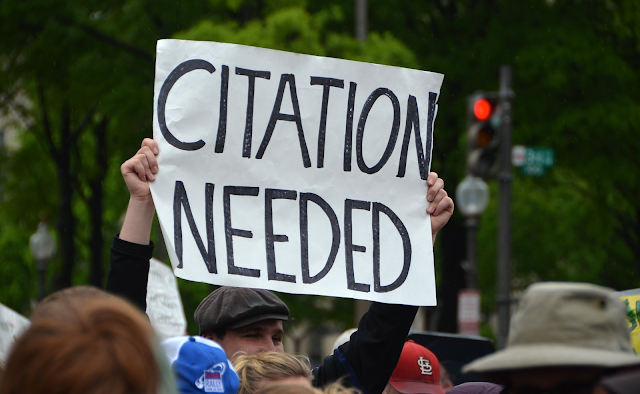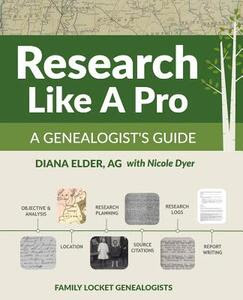Follow through

In tennis lessons years ago, the instructor kept stressing "follow through" which meant that the stroke was not finished once I hit the ball, but only when my momentum was used to set up the return. I learned the same thing when learning to shoot a firearm—steady, aim, fire, follow through. It has taken years to figure out that follow through is important in research, for the same reason. In order to get around my stubborn streak, I began the research log for a new project by identifying and prioritizing the most useful databases, then creating a citation for each database before digging into the searches. Getting the "dirty work" out of the way first made it easier to gather the other details, such as date consulted, search terms used, FANs identified, and analysis of any useful records found—even when there were no or negative results. Momentum is powerful! Follow through results in more effective research and saves a great deal of time. A FamilyHistoryFanatic...



